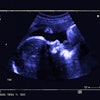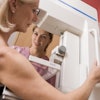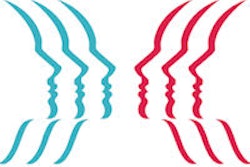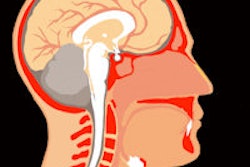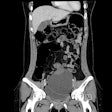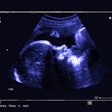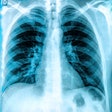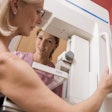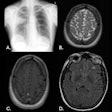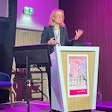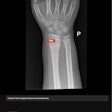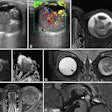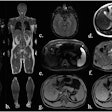Dear AuntMinnieEurope Member,
If you were to ask breast screening pioneer Dr. László Tabár to nominate his preferred epidemiologists, I think it's safe to say that Dr. Philippe Autier won't be high on that list. These two men don't generally see eye to eye when it comes to statistical analyses of mammography screening, and they have clashed again this week, following publication of a new study.
For details about this latest controversy, go to our Women's Imaging Community, or click here. And while you're visiting this community, don't miss news from Australia about how breast imaging has the highest risk of medicolegal claims compared with other medical imaging exams.
In stroke cases, how quickly should MRI be performed when there is diagnostic uncertainty following a negative brain CT? Irish researchers have addressed this question, and they presented their findings at last week's U.K. Radiological Congress (UKRC) in Liverpool. Go to our MRI Community, or click here.
Communicating radiation risk to patients is an essential issue, but also a highly sensitive one. Success relies on using the correct language, say researchers from Nottingham, U.K., who gave some practical tips at UKRC 2015. Get the story here.
Another U.K. group is convinced that substantial cost savings could be achieved by eradicating unnecessary examinations, particularly scans of the lumbar spine and knee. The group has assessed the pattern of MR knee and MR lumbar sacral spine exams referred by general practitioners, and audited them against current guidelines. To learn more, click here.
Finally, ultrasound can be used to identify subclinical disease activity in rheumatoid arthritis patients in remission, enabling them to benefit from more-intensive treatment, according to research presented recently at the European League Against Rheumatism annual congress in Rome. Click here for the full details.

